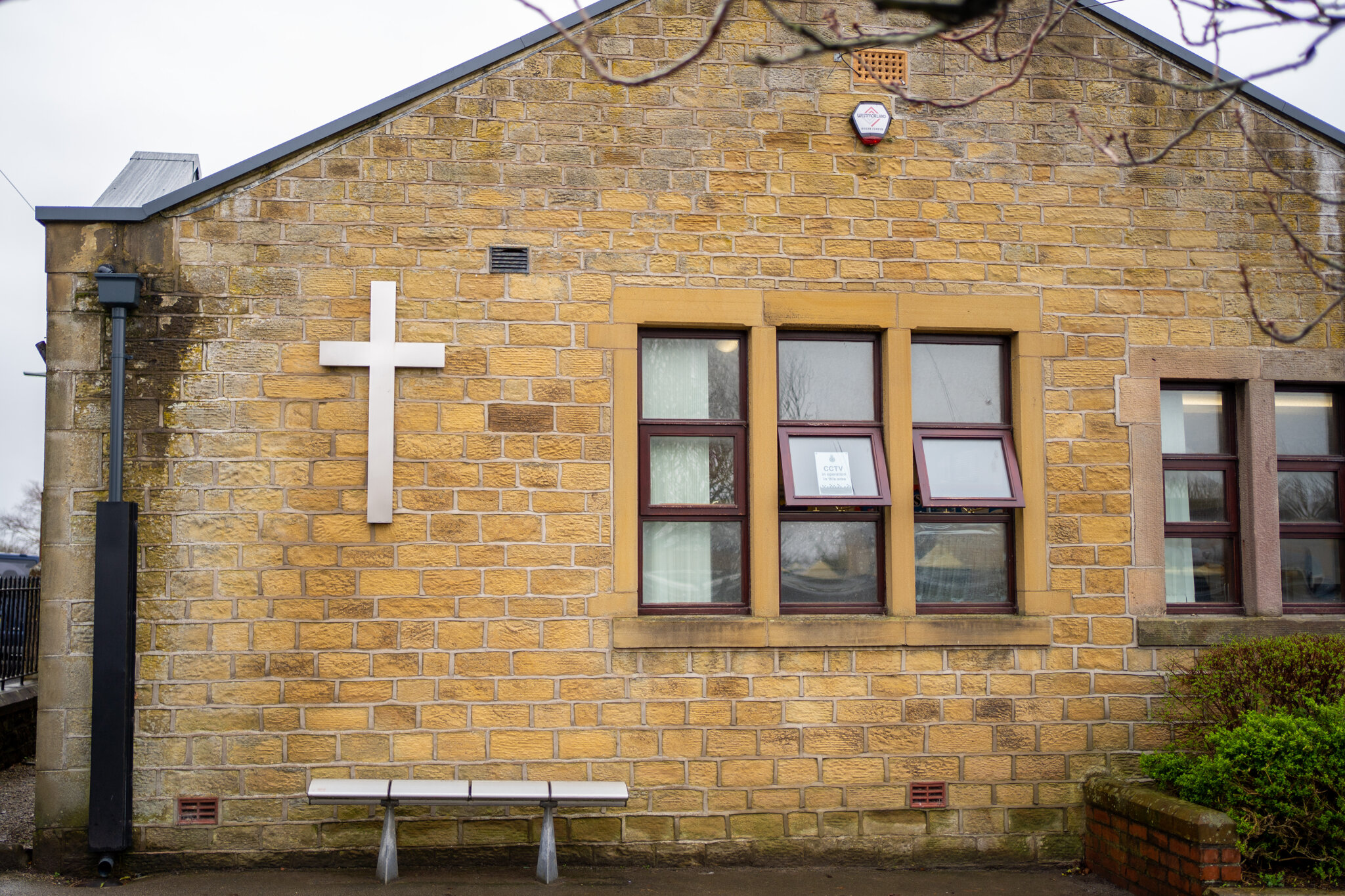St. Peter's Curriculum

At St. Peter’s Church of England Primary School, our vision for our curriculum is to provide our students with a high-quality, broad and balanced education that is tailored to meet all learners’ needs and enables all children to flourish.
We aim to teach a curriculum that is grounded in the Christian values and underpinned by the National Curriculum. Through a progressive and sequenced approach, our curriculum has been designed to foster a love of learning, promote academic excellence, develop creativity and build character. We intend to equip our pupils' with the knowledge, skills and competencies to succeed academically and personally, and to thrive as global citizens.
Our St. Peter’s Curriculum has been carefully designed to be ambitious and challenging for all pupils. It has been coherently planned and sequenced to allow the children to build on prior knowledge and to prepare them for future learning.
Our school is located within a truly unique setting and is rooted in a vibrant coastal village community and we seek to use our local area as much as possible to enhance the learning experiences for all classes.
We have subject specialists who use a mastery approach to teaching that ensures our pupils have a deep and thorough understanding of each subject area. Our curriculum is enriched with a range of trips, visits and extra-curricular activities that enable our pupils to build on their classroom learning and develop their personal and social skills.
We believe that our children’s journey at St. Peter’s should be a joyful one in which their natural curiosity and thirst for new experiences, skills and knowledge should be limitless and never- ending. We strongly believe that our St. Peter’s Curriculum allows all pupils to flourish and experience “ life in all its fullness”!
Assessment
All teachers know what the end of year / key stage expectations are. Teachers are continually assessing children throughout the year. We use a range of supportive documentation and assessments to verify teacher judgements. (White Rose maths assessments. phonics assessment, reading assessments and moderating writing.)